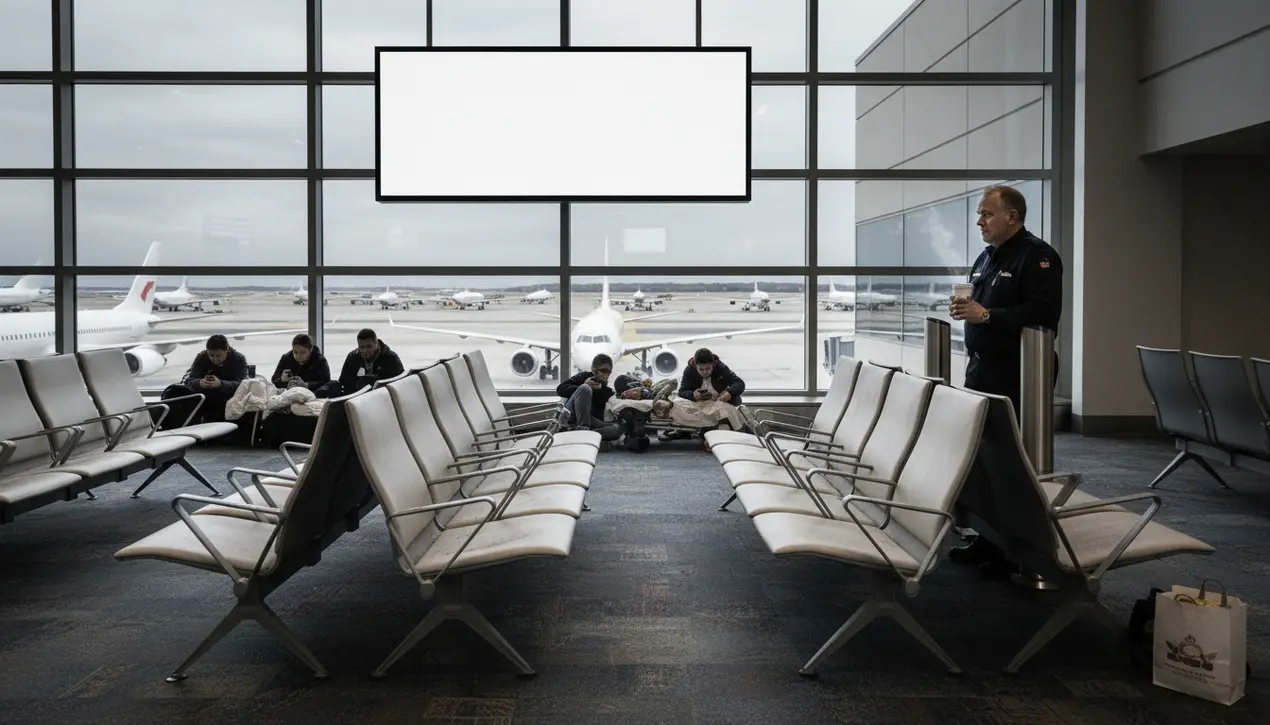
Politicsgovernments & cabinetsGovernment Formations
What changed after the record-long government shutdown, briefly explained.
MA
Mark Johnson
3 hours ago7 min read
The 43-day government shutdown—the longest in American history—has finally sputtered to an end, but the political battlefield remains scorched earth with barely any territory gained. After weeks of brutal political warfare that saw federal workers furloughed, air travel descend into chaos, and millions of families nervously checking empty SNAP accounts, Congress passed a temporary funding bill that essentially hits the pause button, kicking the real fiscal confrontation down the road to January 30.The strategic calculus here is pure Washington trench warfare: Democrats staked their ground on extending crucial Affordable Care Act subsidies, betting public pressure would force Republican capitulation, while the Trump administration calculated that weathering the storm of negative headlines was preferable to conceding on health care. The result? A tactical stalemate.Democrats didn't secure their ACA subsidy extension, meaning premiums on the health care marketplace are still projected to skyrocket by about 30 percent next year—a devastating blow to households already straining under inflation. The White House, for its part, failed to extract any significant policy concessions from a determined opposition, though it did successfully demonstrate a willingness to let vital safety net programs dangle over the abyss, a move that the New York Times' Tony Romm noted could inflict long-term damage to public confidence in the very architecture of the social safety net.For the 800,000 federal workers who endured this ordeal, the immediate relief is tangible: the specter of layoffs for approximately 4,000 employees has been banished until at least the end of January, and the administration has been compelled to follow the law and provide full back pay, a commitment it had previously seemed to waver on. The Supplemental Nutrition Assistance Program is now fully funded through September 2026, a significant win for food security advocates, yet one that comes after an unprecedented, deliberately engineered interruption meant to test the program's resilience.The most visible fallout for the average American—the flight reductions at major airports that peaked at a chaotic 6 percent—will likely take several more days to untangle, a lingering reminder of how quickly essential services can fray. This entire shutdown was a high-stakes game of chicken, and the temporary reopening isn't a peace treaty; it's a ceasefire.The fundamental ideological clash over the size and role of government remains utterly unresolved. The funding bill is a stopgap, a temporary patch on a leaking dam, and all the same players are already repositioning their artillery for the next battle in just a few weeks. The political media war rooms are merely reloading, the attack ads are being storyboarded, and the polling firms are dialing phones, because in modern American politics, a government shutdown is never just about funding the government—it's a brutal proxy war for the soul of the nation, and this round ended with both sides bloodied but neither side broken.
#government shutdown
#federal workers
#SNAP benefits
#air travel
#ACA subsidies
#featured
Stay Informed. Act Smarter.
Get weekly highlights, major headlines, and expert insights — then put your knowledge to work in our live prediction markets.
Comments
Loading comments...
© 2025 Outpoll Service LTD. All rights reserved.